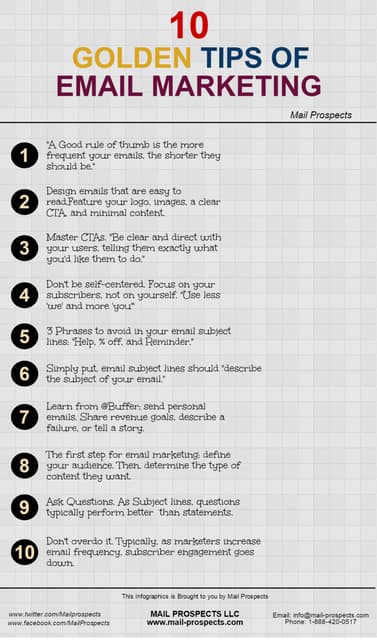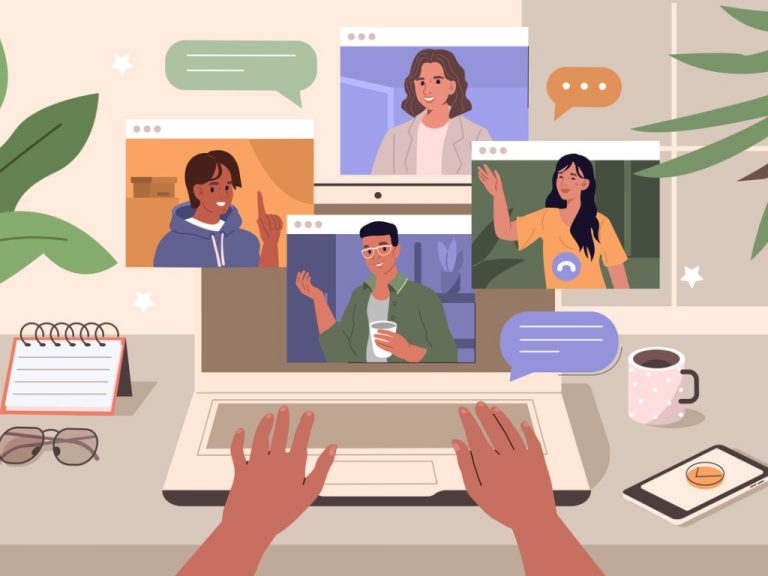Formal rules of procedure or etiquette
Attach files before writing: I add attachments before drafting the email so I don’t forget later. Many email clients now warn you if you mention “attached” but forget to include a file, so I always pay attention to those prompts comic play casino reviews.
You’d think all this practise would make us all experts in the art of email communication, yet many professionals are still getting it wrong. The accidental “reply all” on a private email surely happens more often than HR departments would like to deal with. And how many times have you received an email that is irrelevant, inappropriate or aggressive?
I’ve seen how a poorly phrased message can derail a project, but I’ve also watched a thoughtful, well-crafted email turn a tense situation around. As digital communication has taken center stage, especially with remote work and global teams, mastering the art of email etiquette has become a skill we can’t afford to overlook.
Your email sign-off is the last thing your recipient sees, so it’s your final chance to leave a positive and professional impression. Over the years, I’ve realized that a thoughtful sign-off can make your email more memorable and set the right tone for future communication.

The rules of etiquette in internet communications and postings are called
Lev also recommends using caution regarding what you share about yourself online. For example, don’t sext naked pictures or post pictures of alcohol use, drug use, or other information about your private life online. Once these images and statements are uploaded to the Internet, they are there for the rest of the world to see, forever.
Even though internet content can be “deleted”, it’s never really gone, and the impression something creates can linger long after the offensive material is out of view. Be sure to only share stuff online that you would be comfortable with your employer, child, coach, neighbor or parents seeing. This is not to say that you can’t express yourself, just tone down anything that might cause someone who knows you to do a double take. This way people are less likely to make inaccurate conclusions about you before they even have the chance to meet you in person.
It can be a challenge to communicate on the Internet without misunderstandings mainly because input from facial expressions and body language is absent in cyberspace. Therefore, several rules, in an attempt to safeguard against these misunderstandings and to discourage unfriendly behavior, are regularly put in place at many websites, and often enforced by moderation by the website’s users or administrators.

Lev also recommends using caution regarding what you share about yourself online. For example, don’t sext naked pictures or post pictures of alcohol use, drug use, or other information about your private life online. Once these images and statements are uploaded to the Internet, they are there for the rest of the world to see, forever.
Even though internet content can be “deleted”, it’s never really gone, and the impression something creates can linger long after the offensive material is out of view. Be sure to only share stuff online that you would be comfortable with your employer, child, coach, neighbor or parents seeing. This is not to say that you can’t express yourself, just tone down anything that might cause someone who knows you to do a double take. This way people are less likely to make inaccurate conclusions about you before they even have the chance to meet you in person.
Rules of etiquette
The latest edition of that book touches upon relevant topics, such as email etiquette, dining etiquette, and common courtesy in the workplace. Those topics and more deserve attention from anyone who wants to avoid causing offense at work. Even with many workplaces adopting a more laid-back culture that used to be reserved for funky startups, there are still spoken and unspoken sets of rules that must be adhered to if you want to avoid incurring the wrath of your co-workers, or superiors, and clients.
This site is not intended to provide, and does not constitute, medical, health, legal, financial or other professional advice. This site is for entertainment purposes only. Our editors handpick the products that we feature. We may earn commission from the links on this page.
The Emily Post Institute Inc. is a fifth generation family business that has been promoting etiquette based on consideration, respect and honesty since Emily Post wrote her first book ETIQUETTE in 1922. Today we offer a wide range of books, online resources, training programs for all ages and topics, a weekly podcast and a selection of greeting cards and paper products.
3. Watch your manners when you make use of the cell phone. Being loud on the phone is a lot of disturbance to those around you. You are more likely to cause some distractions or disrupt other people’s concentration.
